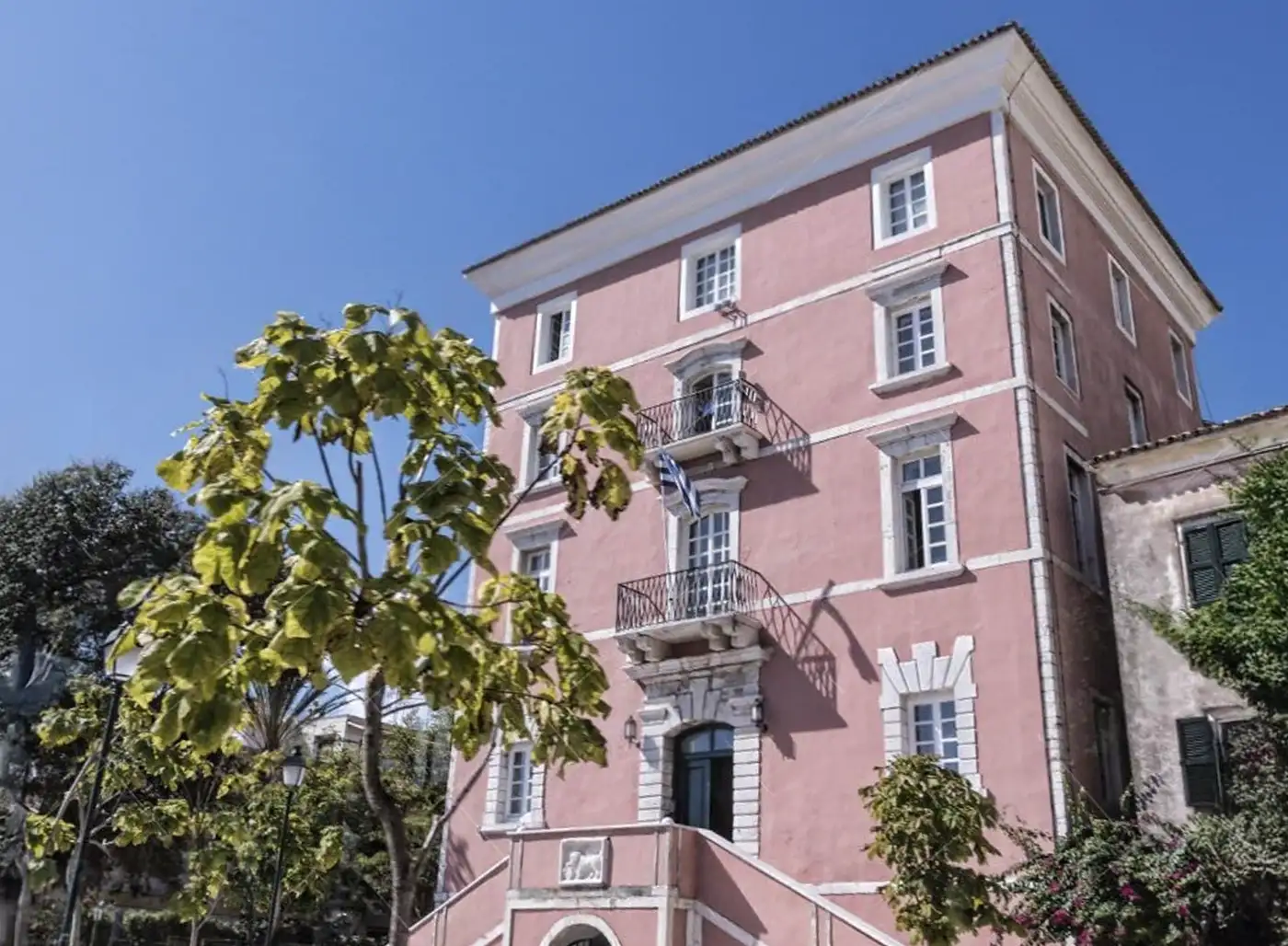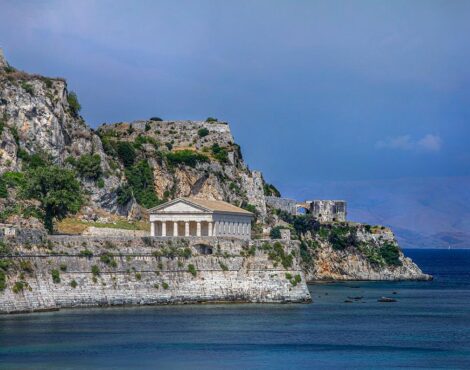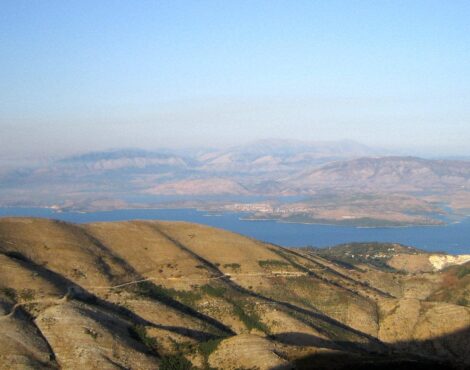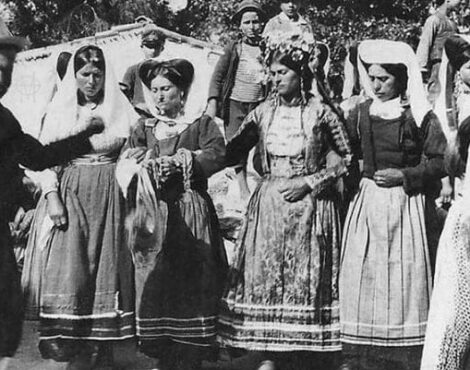Corfu has been, over the past centuries, one of the most significant centers of culture and intellectual development in the broader Greek region. This development stemmed primarily from the Venetians and later from the British. Perhaps the greatest achievement of the British during their governance of the island was the establishment of the Ionian Academy, founded in 1824 in Corfu. This institution was the first university-level establishment in the Greek-speaking world and a decisive factor in the intellectual growth of Corfu during the period of British rule, also known as the “British Protectorate” (1815–1864). Its foundation is mainly attributed to the efforts of the English philhellene Frederick North, Earl of Guilford, who, with the support of Ioannis Kapodistrias, sought to create a higher education institution that would promote Greek education and culture.
During the British Protectorate, the Ionian Islands formed the United States of the Ionian Islands under British protection. Corfu, as the capital, evolved into a hub of intellectual and cultural activity. The founding of the Ionian Academy is framed within this context, with the goal of reviving Greek education and strengthening national consciousness. The Academy was housed in a building initially constructed as a military barracks, known as Grimani and Correr, which was later transformed into an educational institution. Frederick North personally funded the Academy, covering its operational costs and inviting distinguished professors from across Europe to teach there.
The Ionian Academy initially consisted of four faculties: Law, Theology, Medicine, and Philosophy. The Faculty of Philosophy included courses in the natural sciences and mathematics. Later, additional faculties were introduced, including Engineering, Obstetrics, and Pharmacy. The Academy attracted major intellectual figures of the time such as Andreas Kalvos, Neofytos Vamvas, Theoklitos Pharmakidis, Ioannis Karantinos, and Andreas Mustoxydis, all of whom contributed significantly to the advancement of Greek education and the formation of national identity.
This unique intellectual center played a vital role in the promotion of the Greek language, history, and philosophy. Instruction in the Greek language and an emphasis on Greek cultural heritage reinforced a sense of national identity and helped prepare the intellectual ground for the eventual union of the Ionian Islands with the Kingdom of Greece. The Academy also contributed to the advancement of scientific studies by introducing courses in the natural sciences and technology. It encouraged academic research and the publication of scholarly works, thereby fostering an educated elite that went on to play a crucial role in the political and social life of modern Greece.
Following the union of the Ionian Islands with Greece in 1864, the Ionian Academy was closed, as the newly established Greek state was unable to support its continued operation. Many of its professors joined the University of Athens, bringing with them their knowledge and academic experience. A significant moment in the Academy’s physical history occurred on September 14, 1943, during the incendiary bombing of Corfu by German forces in World War II. The roof of the building was completely destroyed, and its structural frame sustained heavy damage, which remained unrepaired for many years.
Despite its closure, the legacy of the Ionian Academy remains alive. It served as a model for the development of higher education in Greece. In 1984, the Ionian University was founded in Corfu, widely regarded as the spiritual successor of the Academy. This new institution continues the tradition of excellence in education and academic research. Today, the historic center of the Ionian Academy still radiates culture and learning. Daily, classes and cultural events take place within its walls, aiming to preserve tradition while simultaneously fostering the active creation of culture.





